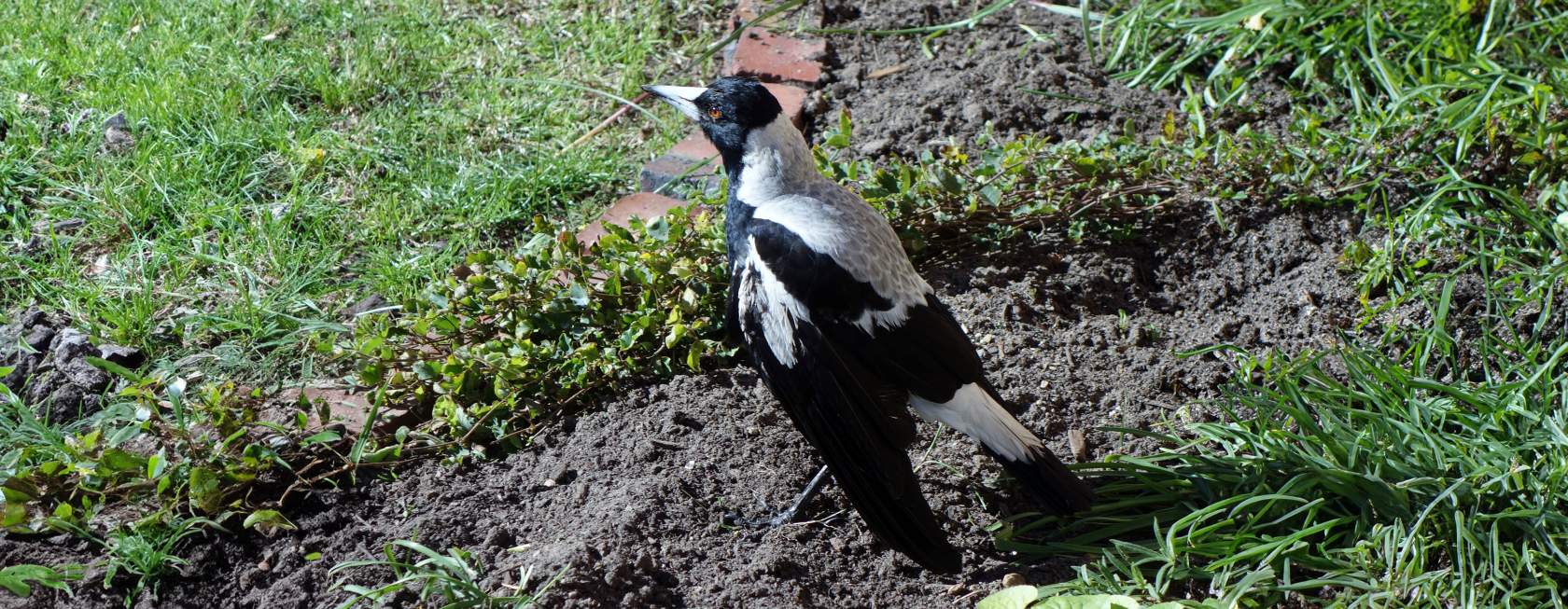
Like humans, bird species raise families, and they are dedicated to protecting their young from harm. Nesting season takes place from early to mid-August to November, when females lay three to five eggs, then incubate them for about three weeks until they hatch. It takes about four weeks for the hatchlings to fledge (develop feather wings large enough for flight) and leave the nest. Swooping behaviour tends to occur primarily in spring, and only occurs for about six weeks.
It's important to note that these birds, like all wildlife, are afforded legal protection in Victoria.
During nesting time, some birds (mostly males) may swoop if they consider a human, dog, or other animal a threat to their family, generally within 50 metres of the nest.
They aim their trajectory at the highest point of their target, which, unfortunately for humans, means the head. Wearing hats, bike helmets or ice cream buckets on your head can help protect you, but no amount of embarrassing headwear will prevent swooping if a protective bird thinks you’re a predator.
If you are swooped, keep in mind that these are parents defending their young from perceived predators; it’s understandable that they will behave in an aggressive manner if they believe you are a threat to their vulnerable young.
If you are still concerned about swooping in your area, we have some handy tips.
Here’s how to avoid the swoop during nesting season:
Walk or cycle slowly in nesting areas; runners and cyclists are attacked more often, as objects moving rapidly toward the nest are perceived as much greater threats than those that move slowly.
When passing actively nesting birds, widen the distance (we recommend greater than 50 metres) between you and the nest.
Alter your route to avoid any known aggressive birds during the active nesting season. Swooping birds often nest in the same area each year making it easier to track potential swooping zones.
What to do if you are swooped:
Cover your head and face with your arms but do not wave them around or yell; this will only further antagonise the bird.
Remain calm, walk quickly and quietly past the nesting area, and do not stop.
Carry an open umbrella, or wear sunglasses or a hat to protect your face and head while entering areas with swooping birds.
We hope that by increasing your understanding and awareness of our beautiful wildlife, you will feel empowered to manage wildlife situations confidently and in an informed, safe and appropriate manner. For support at any time, please call our 24/7 Emergency Response Service on (03) 8400 7300.
